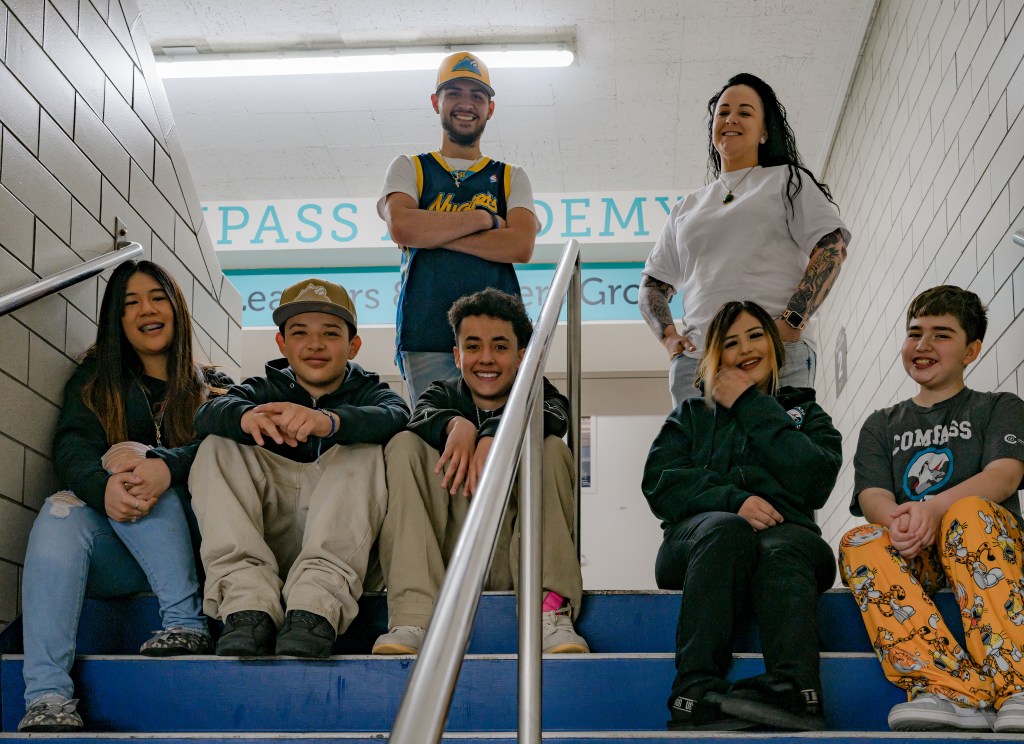Bri Quintana wanted to become a mentor for youth after losing her cousin to gun violence.
Her cousin had someone like that before he died — someone to count on through all the court dates and other systemic hurdles.
“Being able to help youth, it makes it come full circle,” she said.
Quintana now serves as a school and community mentor for Fully Liberated Youth, a Denver nonprofit that provides interventions for teens in school or those navigating the child welfare or juvenile justice systems.
Natalie Baddour co-founded the organization four years ago on the backs of grief and hope amid rising overdoses and gun violence, she said. Her solution: Providing full, holistic care focused on intimate relationships with young people at high risk of involvement in the criminal justice or welfare systems. FLY, as the organization is called, works in metro-area schools, in the community and helps teens on reentry after they’re released from the Colorado Division of Youth Services.
The school-based program focuses on prevention in six Denver and Aurora schools, said Celine Wuarin, the organization’s interim executive director.
“The model there is we have staff who provide services for multiple days per week — what we call high-dosage, high-frequency — rather than folks popping in and out,” Wuarin said. “They’re embedded in the school environment and can build relationships with youth but also staff.”
Mentors sit with their mentees in class, provide one-on-one guidance outside the classroom and use restorative work to repair relationships after incidents.
FLY also provides community-based invention services, receiving referrals from pre-trial diversion and probation officers, outreach case managers and others close to youth involved in the juvenile justice or child welfare systems.
Staff spend time with youth at school or at home. Sometimes they take them out for lunch or coffee or they bring their mentees to pro-social opportunities, such as rock climbing.
Importantly, mentors walk alongside youth as they navigate court hearings and other complex legal proceedings.
Quintana has been working closely with an 18-year-old for a year-and-a-half, helping him apply for jobs after he dropped out of school and spent time in juvenile detention facilities.
The teen, whom The Denver Post is not identifying because he has a pending criminal case, said Quintana is always there when he needs a ride to court dates or probation meetings. The pair meet once a week, usually at the young person’s house, and they just talk about what’s going on in their lives.
He said his dream is to get an apprenticeship to do HVAC or welding work, but FLY has made him consider becoming a mentor for other youth like him.
“It’s been dope,” Quintana said. “It’s been a roller coaster. I feel like we’ve grown together. He’s taught me things; I’ve taught him things. It’s not even a mentor-mentee relationship — he’s one of my homies.”
All FLY staff members, no matter their position, work with youth in the community.


